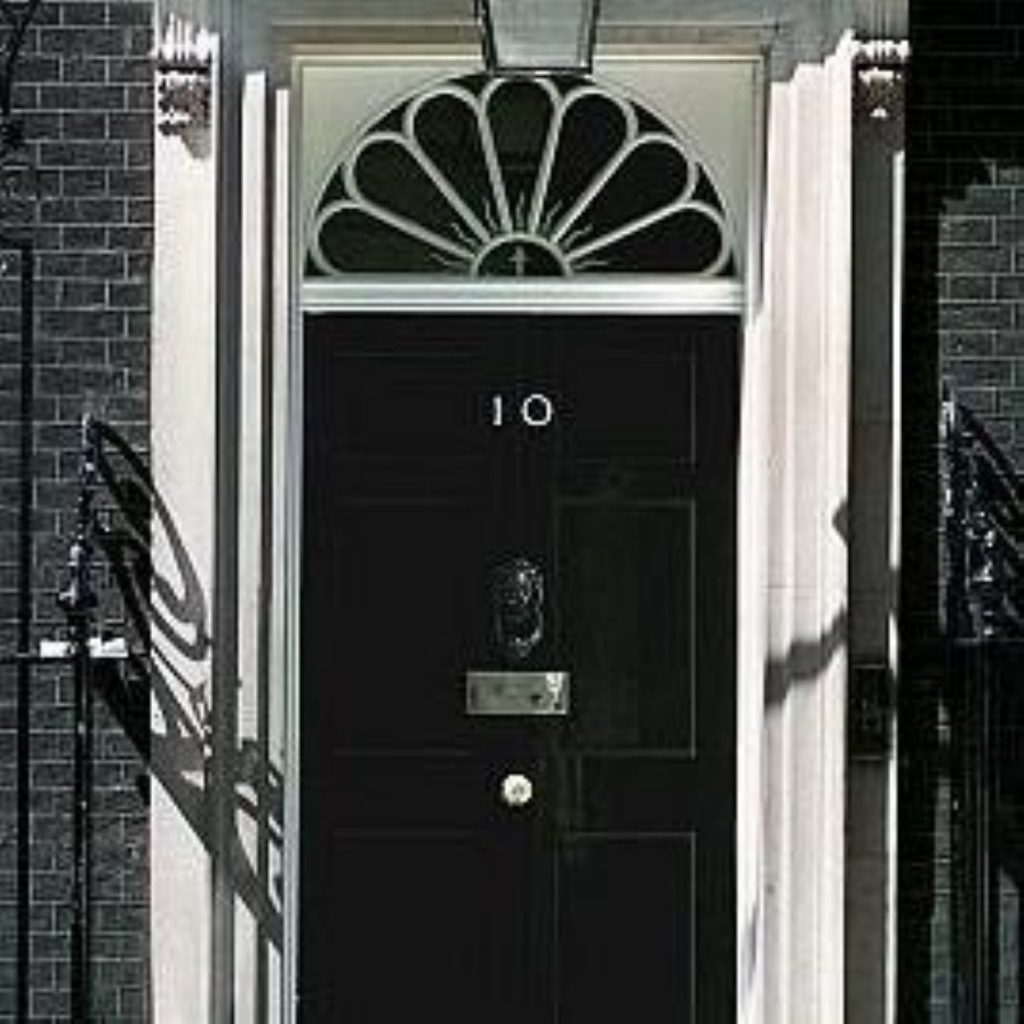Mission impossible: MPs are wasting their time taking on the might of No 10
I've written up reports on a huge number of select committee reports over the years. Most point out problems with the government's approach that need fixing. Some – but not so many as you'd think from reading the write-ups of them – are genuinely damning. None are quite as futile as the latest effort from backbenchers taking on Downing Street.
The political and constitutional reform committee's latest report is unlikely to bear much fruit. MPs from all parties have united to agree that, all things considered, it would be for the best if Downing Street agreed to codify the Cabinet manual's definition of what the PM's powers actually are. It's not going to happen.
Over the centuries No 10 has amassed a vast amount of power. He or she has the right to appoint ministers, make Orders in Council, sign or ratify treaties, recognise foreign governments, enter into armed conflict, and has the power of patronage which keeps Cabinet ministers in line. The royal prerogative is mostly controlled by the PM. And the advent of 24-hour news has only increased the PM's visibility, and therefore clout. So has the increase of international bodies, which makes the prime minister more of a statesman than before.
This slow-motion power grab is to blame for the fact that no-one is completely clear what the prime minister's powers actually are. "The role of the prime minister is like the British constitution as a whole," distinguished historian Lord Hennessy told MPs. "You think you are getting close and it disappears into the mists." The best effort so far has been the 2010 Cabinet Manual, which had a decent go at defining what the PM actually does for a living. Now MPs are suggesting this should be placed on a statutory footing.


They want to go further still, calling for parliament to be handed the power of confirmation over each new arrival in the job. Right now all you need to get into Downing Street is the ability to command a majority in the Commons. An investiture vote would be a formality after each general election. It might be a more interesting affair, though, in the event of a mid-parliament change of government. There have only ever been 15 mid-term successions. Since 1902, the only time there was an immediate confidence vote in the House was when Winston Churchill took over from Nevile Chamberlain in 1940. Now MPs want it to become a regular fixture. "The vote would result in a clearer line of accountability," they say.
The problem with this, and most of the other proposals in this report, is it erodes power at the centre. And there is nothing, but nothing, the government is interested in less. Some of the more radical ideas put forward – really zany stuff like making the PM post directly elected by voters – aren't even taken seriously by MPs themselves. "We ask the government… to put on the record its position," the committee requests. They might as well have saved themselves the bother and got a journalist to ring up the press office.
This report was an unusually long time in the making, having started life in 2011. And yet it doesn't seem to have come up with anything that might actually make a realistic case for change. Enough academics came forward with sophisticated versions of the 'if it ain't broke, don't fix it' rationale to allow No 10 to rebuff the report entirely. This won't be a case of kicking it into the long grass, but unceremoniously dumping it in the rubbish bin.
All this raises questions about the future usefulness of the political and constitutional reform committee. It was set up to shadow Nick Clegg's efforts at shaking things up in the wake of the 2010 general election – a time when, with the expenses scandal so fresh in everyone's memory, there was still a real chance of genuine reform. As it's turned out the extent of change has been minimal. Just look at the coalition's miserable attempts at pushing through a recall bill and you'll get the idea. Clegg himself has ignored his constitutional responsibilities as an embarrassing sideshow. The fear now is that some will start to ask: is it time to scrap the committee of MPs shadowing him?
Despite the futility of their arguments, the answer has to be 'no'. Some of this government's most egregious reforms have messed with the rules of the game: tweaking the registration of voters to make life harder for Labour is just one example. The political and constitutional reform committee has addressed these changes, but now it is overreaching. Breaking down overcentralisations of power looks like an impossible mission for MPs. Presenting a list of radical reforms with zero expectation they will ever become reality isn't exactly the best way to make progress.












